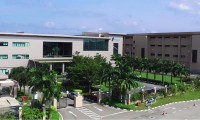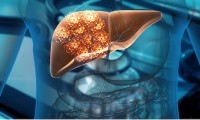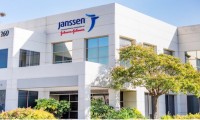-
FDA approves Talvey for heavily pre-treated multiple myeloma
- Source: drugdu
- 126
- August 21, 2023
-
FDA again slams Biocon’s troubled plant in Malaysia, citing 8 manufacturing shortfalls
- Source: drugdu
- 170
- August 20, 2023
-
Medtronic’s dialysis device recall assigned to Class I by the FDA
- Source: drugdu
- 148
- August 18, 2023
-
Delcath Gets FDA Approval for Cancer Drug-Device Combo 10 Years After Rejection
- Source: drugdu
- 112
- August 18, 2023
-
Pfizer Bispecific Drug Wins FDA Accelerated Approval for Multiple Myeloma
- Source: drugdu
- 216
- August 17, 2023
-
Chasing AstraZeneca and Pfizer, Johnson & Johnson snags FDA nod for prostate cancer combo Akeega
- Source: drugdu
- 120
- August 16, 2023
-
FDA Delays PDUFA Date for Valneva’s Chikungunya Shot
- Source: drugdu
- 111
- August 16, 2023
-
FDA Approves J&J’s Akeega for BRCA-Positive Prostate Cancer
- Source: drugdu
- 187
- August 16, 2023
-
Janssen’s Talvey granted FDA accelerated approval for difficult-to-treat blood cancer
- Source: drugdu
- 170
- August 15, 2023
your submission has already been received.
OK
Subscribe
Please enter a valid Email address!
Submit
The most relevant industry news & insight will be sent to you every two weeks.













